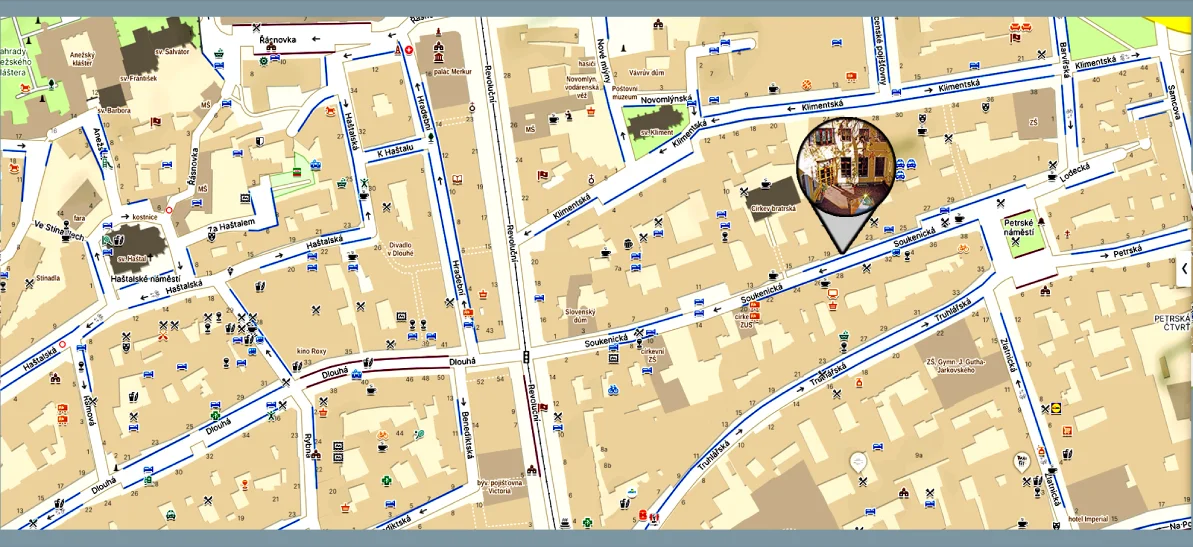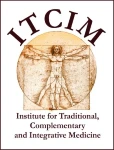
Dr. Maria Peneva, PhD - Bulgaria
Abstract of the presentation
The Effects of Lactobacillus bulgaricus DWT1 as a Psychobiotic During the Bulgarian Antarctic Expeditions and on Post-COVID Syndrome
Co-authors: Rositsa Nedeva2, Nadezhda Vladimirova2, Boyan Mednikarov2, Petko Ginev3, Maria Yakova3, Miglena Angelova1, Georgy Alexandrov1, Anna Petkova4, Ioannis Misopoulos5, Marieta Georgieva6 1MC Evrozdrave-Bulgaria Ltd, Sofia, e-mail: daflorn@abv.bg 2Nikola Vaptsarov Naval Academy, Varna, e-mail: info@naval-acad.bg 3MMA Sofia, Sofia, e-mail: vma@vma.bg 4UHAT St. Anna, Sofia, e-mail: a.petkova9201@gmail.com 5 Mika Nutri-Pharma International, Thessaloniki, e-mail: arial_white@yahoo.com 6 Medical University Prof. Dr. Paraskev Stoyanov, Varna, e-mail: marieta_md@yahoo.com
Branch: Nutritional Supplements (Nutritional therapy with probiotics)
Psychobiotics are live bacteria that, by improving the gut microbiome, benefit the host’s mental health. The aim of the study is to establish the effect of a probiotic formula with Lactobacillus bulgaricus DWT1 on the mental well-being of both the crew of Research Vessel 421 during the first and second Bulgarian Military Antarctic Expeditions and of post-COVID syndrome patients.
The maritime profession puts the crew under high stress. During the two Antarctic expeditions (2022–2024), the crews (25–28 individuals) were divided into two groups – those taking and those not taking the probiotic. Research methods included measuring anxiety and depression using Zung questionnaires and a survey to assess sleep quality. Individuals taking the probiotic showed no statistically significant differences in anxiety and depression levels before and after the voyage. They maintained sleep quality under the extreme conditions of the expeditions. Individuals not taking the probiotic showed a significant increase in anxiety and depression symptoms, which correlatively worsened their sleep. The probiotic used supports the crew’s mental stability by protecting against depression and anxiety and by improving sleep. The voyage of Research Vessel 421 to the Antarctic is a model for studying the effects of the psychobiotic Lactobacillus bulgaricus DWT1 on the mental health of people under extreme stress.
After the COVID epidemic, a new nosological class was formed – post-COVID syndrome, which is expressed not only through somatic disorders but also through various deprivations in the human psyche – sleep and social adaptation disorders, and high levels of anxiety. For the period 2022–2024, 98 post-COVID syndrome patients, including 15 women with children up to 2.5 years old, were examined using applied practical psychology methods (analytical, dynamic, ecopsychological, situational, systemic). Clinical observation shows that the application of nutritional therapy with a probiotic formula containing Lactobacillus bulgaricus DWT1 and psychological consultations leads to behavioral stabilization, control of emotional reactions, and improvement in social adaptation and sleep quality. By improving the gut-brain axis, this probiotic formula with Lactobacillus bulgaricus DWT1 is an effective psychobiotic both for people under extreme stress and for post-COVID syndrome patients.
Curriculum vitae
Dr. Maria Peneva graduated English high school in 2007. She acquired Bachelor and Master Degree in Public Health and Health Care Management, Medical University Sofia. In 2015 she defended her Thesis "Management of Food Safety and Education of Society for informed choice". She works in Medical Center “Eurozdrave-Bulgaria” as a Public Health Manager since 2011. She also works as a technologist in Daflorn Ltd. (a company producing probiotics containing Lactobacillus bulgaricus DWT1) since 2015. She is a certified auditor in HACCP, ISO22000, ISO9001, FSSC 22000 and FDA licensed person in food safety. She is owner of Patent US 9,131,708 B2/ 2015, EU Patent 3172973, BG Patents No.4294 U1/2022 and No. 4882 U1/2024, all for probiotics. She is co-author of over 20 scientific articles and publications.
Please note that some of the texts also include machine-generated translations.





